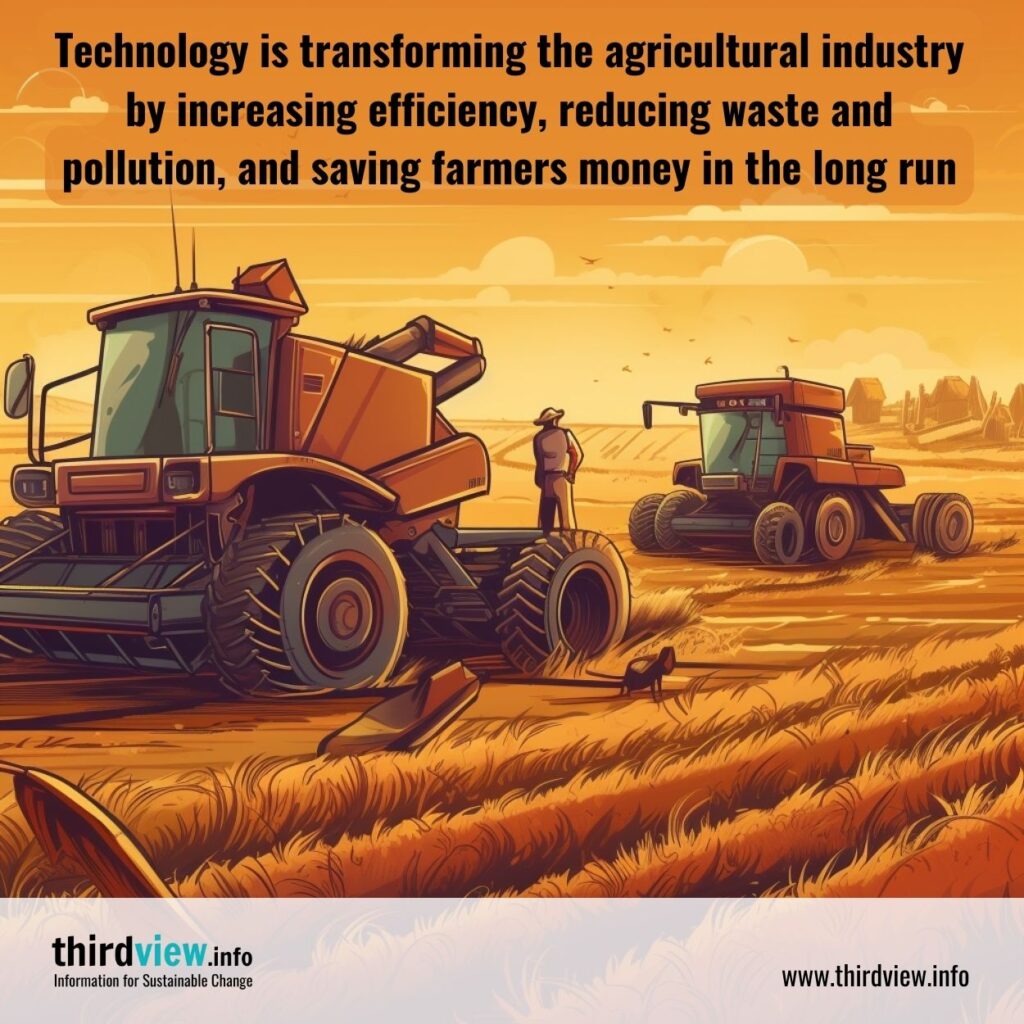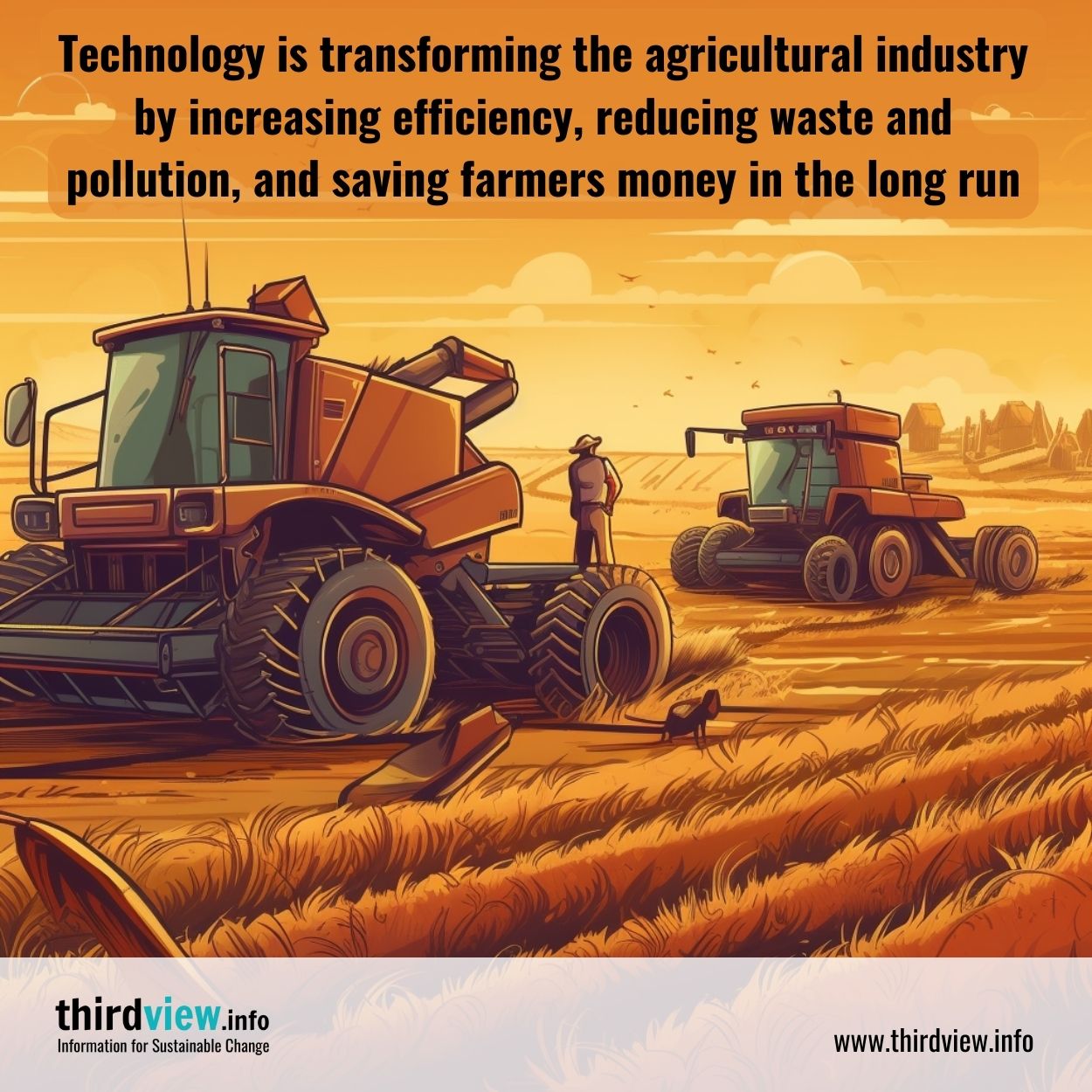In today’s world, technology is transforming many industries. One area that has yet to fully capitalize on the potential of digital technology is farming. But, by leveraging data-driven solutions, farmers can not only increase their production but also become more sustainable. Let’s take a look at why technology is so important for improving agricultural efficiency.
Data-Driven Solutions for Enhanced Efficiency
One way farmers are leveraging digital technology is through precision agriculture—also known as “precision farming” or “smart farming.” This approach uses information and communication technologies (ICT) to collect data from various sources such as sensors, drones, satellites, and yield monitors in order to optimize farm inputs and outputs. By applying this data-driven approach, growers are able to make informed decisions about irrigation, fertilization, planting times and other elements that affect crop yields. In addition to increasing efficiency in the field, precision agriculture can also help farmers reduce their environmental impact. By collecting detailed data on soil health, water use and nutrient requirements, farmers can develop strategies that improve resource management while reducing waste and pollution. For example, precision agriculture can be used to identify the most efficient irrigation methods while minimizing water usage—a critical factor in many regions where water resources are limited.
It is also important to note that precision agriculture does not necessarily require expensive equipment or large investments in new technologies. A simple mobile device like a smartphone or tablet can be used for tracking activity out in the fields or managing inventory back at the office. By utilizing existing tools such as GPS systems or cloud-based software solutions, farmers can maximize the benefits of digital technology without breaking the bank.
At its core, digital technology enables more resource-efficient farming practices by allowing farmers to monitor environmental conditions and make better decisions about crop production. Technology helps them increase yield while decreasing their environmental footprint—all while saving money in the long run. Utilizing tech solutions may seem daunting at first; however, it pays off with increased efficiency and improved sustainability down the line.


